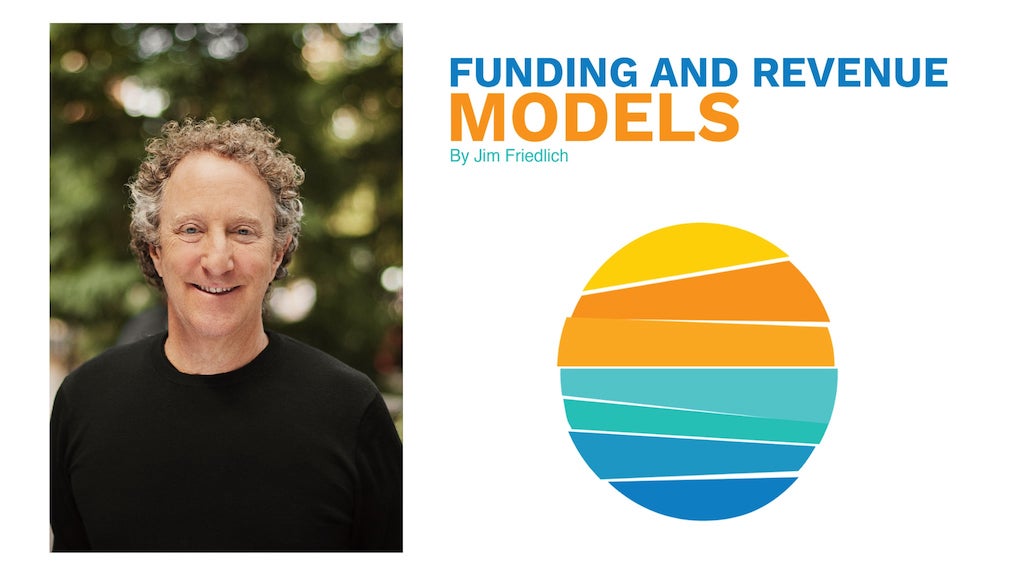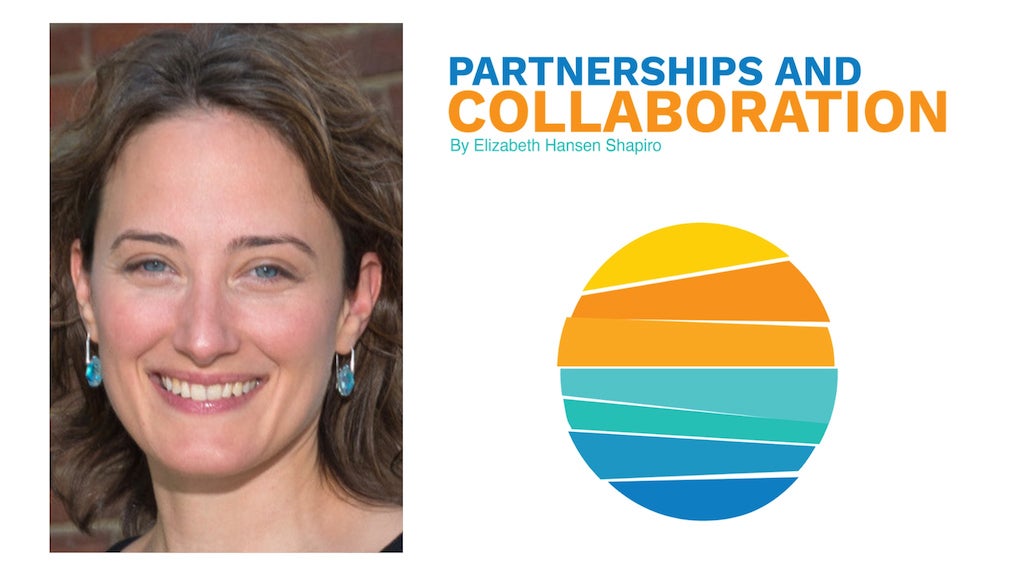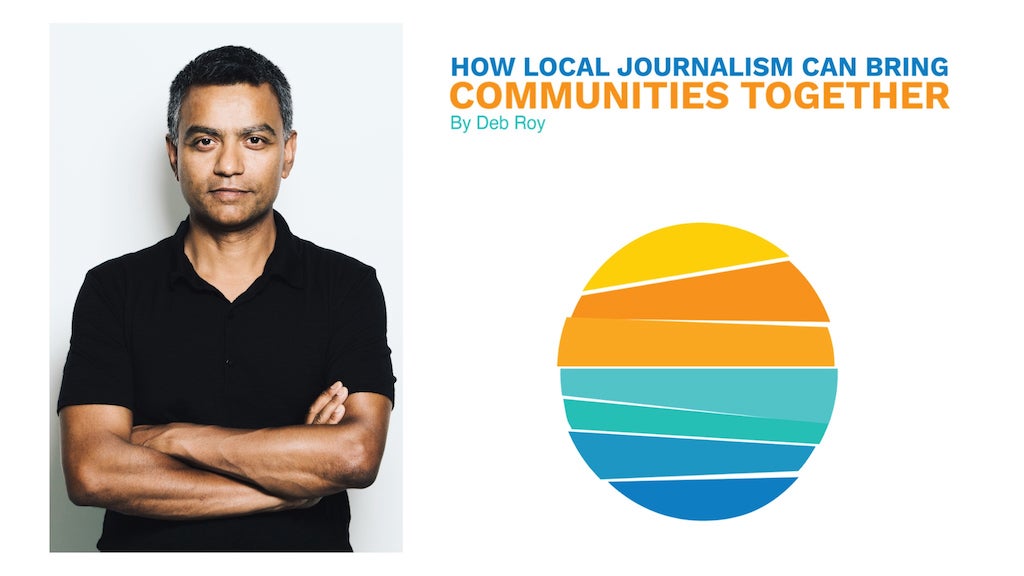FOREWORD
By Vivian Schiller, Aspen Digital Executive Director, and David Boardman, Lenfest Institute Board of Managers Founding Chair
The crisis in local news has accelerated rapidly in recent years. Just how stark is the situation? A new study from Northwestern University’s Medill School paints a challenging picture.
Between late 2019 and May 2022, more than 360 American newspapers closed — and on average two papers per week continue to shutter across the country, according to the findings. More than 70 million Americans now live in a place with either one or no local news organization.
“Surviving newspapers, especially dailies, have cut staff and circulation significantly under financial pressure, reducing their ability to fill the gap when communities lose their local papers.”
But while the decline of local news is deeply disturbing, the prospects for emerging solutions are encouraging. The Lenfest Institute for Journalism and Aspen Digital recently brought together at the Local News Summit dozens of smart thinkers, all reinventing local journalism across the United States.
Together with partners throughout the field, we’re identifying Signposts for the Future of Local News.
Local journalism is a conduit to the people. It empowers us by providing the information we need to participate in our communities. Into the void left by local news flows propaganda, falsehoods, hyper-partisan content that isn’t rooted in fact, and more.
How do we ensure that our communities, particularly those that are most impacted by mis- and disinformation, have what they need to participate in democracy?
With inclusive innovation and collaboration, the industry can come back stronger.
We’re already seeing meaningful reasons for optimism.
Local news organizations, both commercial and nonprofit, are collaborating across their regions. For example: efforts in Chicago and the Colorado News Collaborative are showcasing how a rising tide lifts all boats. National news organizations are establishing local partnerships, like ProPublica’s Local Reporting Network.
Long overdue, there’s now a more authentic focus on communities historically underrepresented in newsrooms and news stories through start-ups like URL Media and Capital B. Meanwhile, some nonprofit newsrooms, following the Texas Tribune, are having tremendous success with diversifying their revenue streams. We’re also seeing more specialty nonprofit news organizations, such as The 19th for gender and policy, Chalkbeat for all things education, and The Markup for tech’s influence on society.
Major metro news organizations, especially those independently controlled by civic-minded owners – such as The Philadelphia Inquirer, The Seattle Times, and The Boston Globe – have invested in public service journalism and digital product innovation, and are growing their digital subscription revenue sufficiently enough to achieve long-term sustainability in a post-print world.
Today, we’re publishing a series of essays from industry leaders that will serve as Signposts to help local newsrooms answer the question, “What now?”
We’re honored to share thoughts from:
- S. Mitra Kalita, CEO of URL Media and Board Director of The Philadelphia Inquirer, on designing news products and organizations to best serve communities
- Amanda Zamora, Publisher of The 19th*, on addressing the rampant, insidious growth of mis-and disinformation
- Jim Friedlich, Executive Director & CEO of The Lenfest Institute for Journalism, on the need to fully embrace both nonprofit and for-profit business models
- Elizabeth Hansen Shapiro, CEO of the National Trust for Local News, on structuring new impact-investment partnerships and collaborations
- Deb Roy, Director of the MIT Center for Constructive Communication, on how local journalism helps bind communities together
With staff reduced and budgets stretched, the ability to implement these recommendations may be daunting for most news organizations. But to help make headway, Lenfest and Aspen, with support from the John D. and Catherine T. MacArthur Foundation, are planning a series of four digital events focused on spurring action in the areas of:
- Public Relations: Making the case for local news
- Capital Formation: Tapping new impact-investment capital sources
- Polarization: The role of quality local news in addressing community divides
- Partnerships: Building local collaboration in news reporting, audience building, and funding
Our hope is to help develop the Signposts that will support the vital institution of local news for the betterment of democracy.




